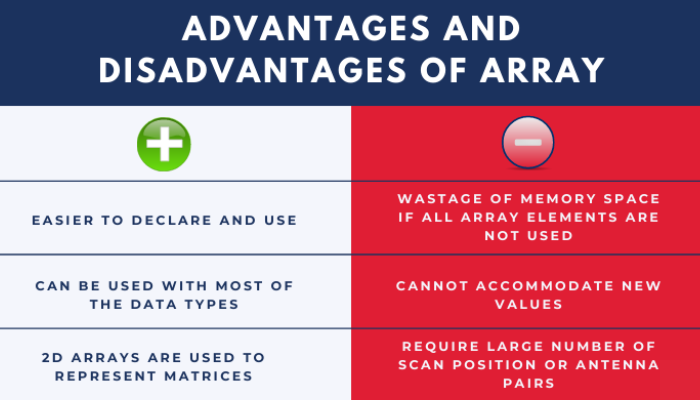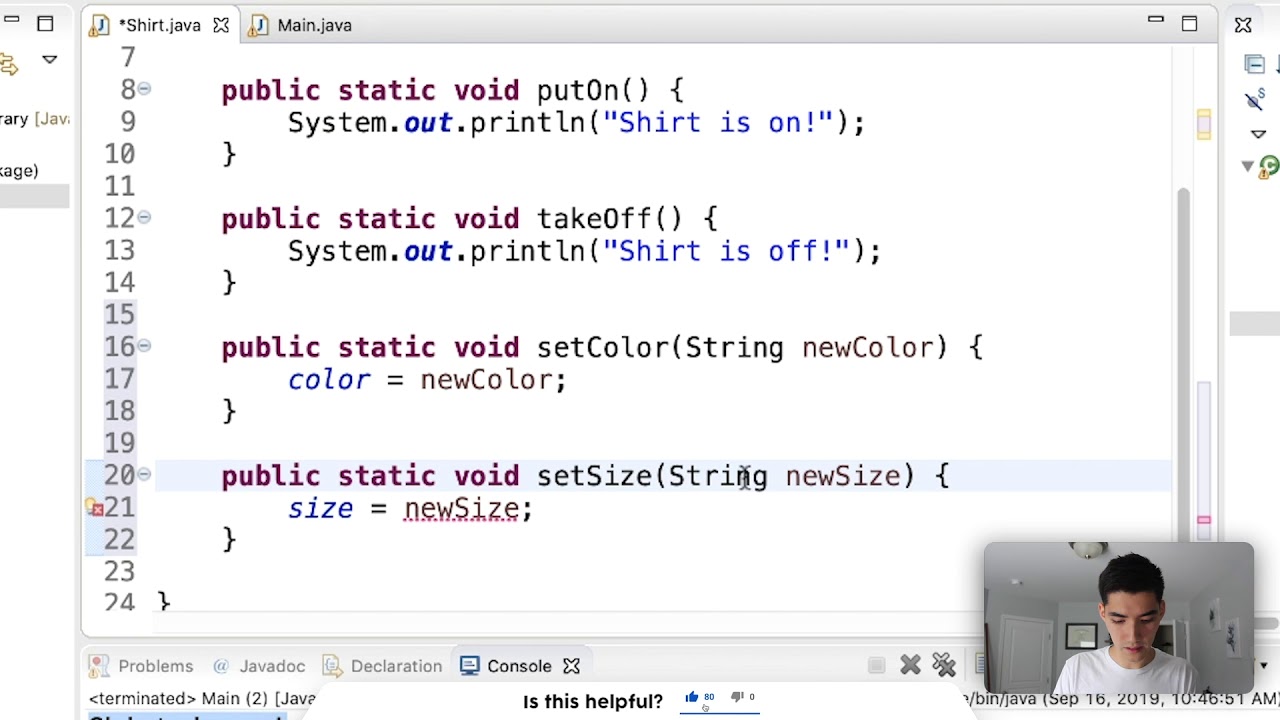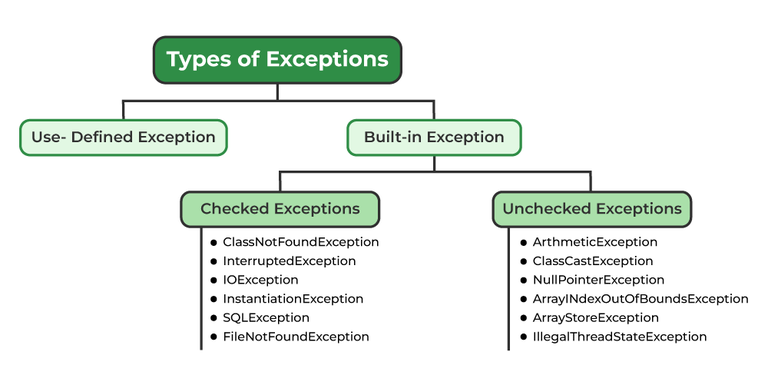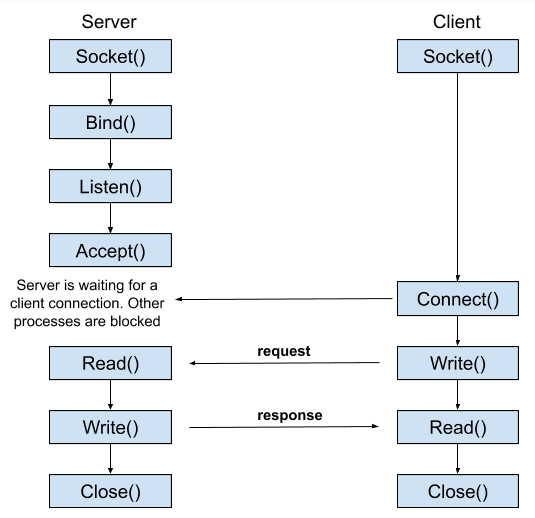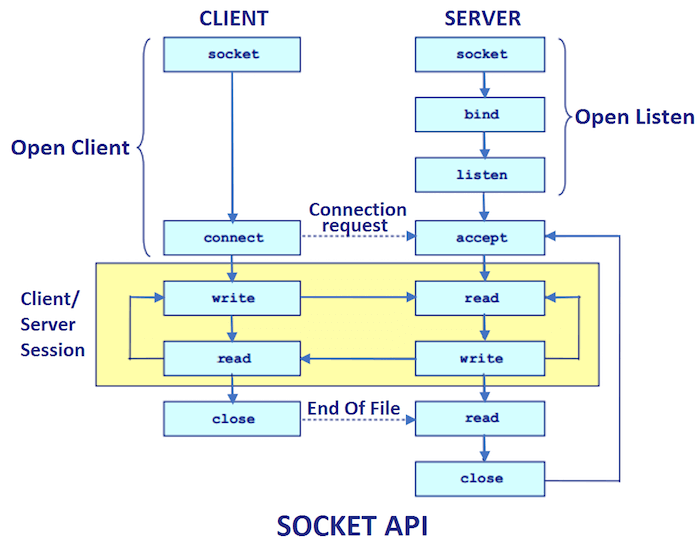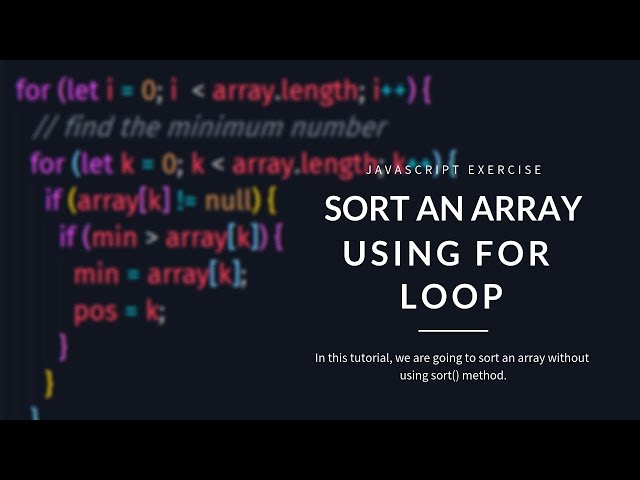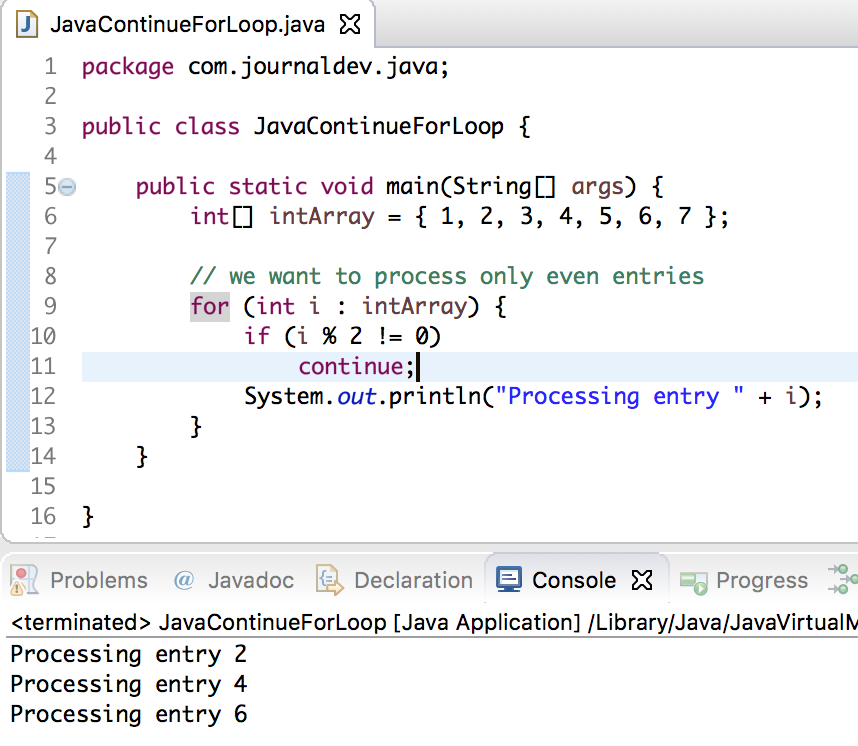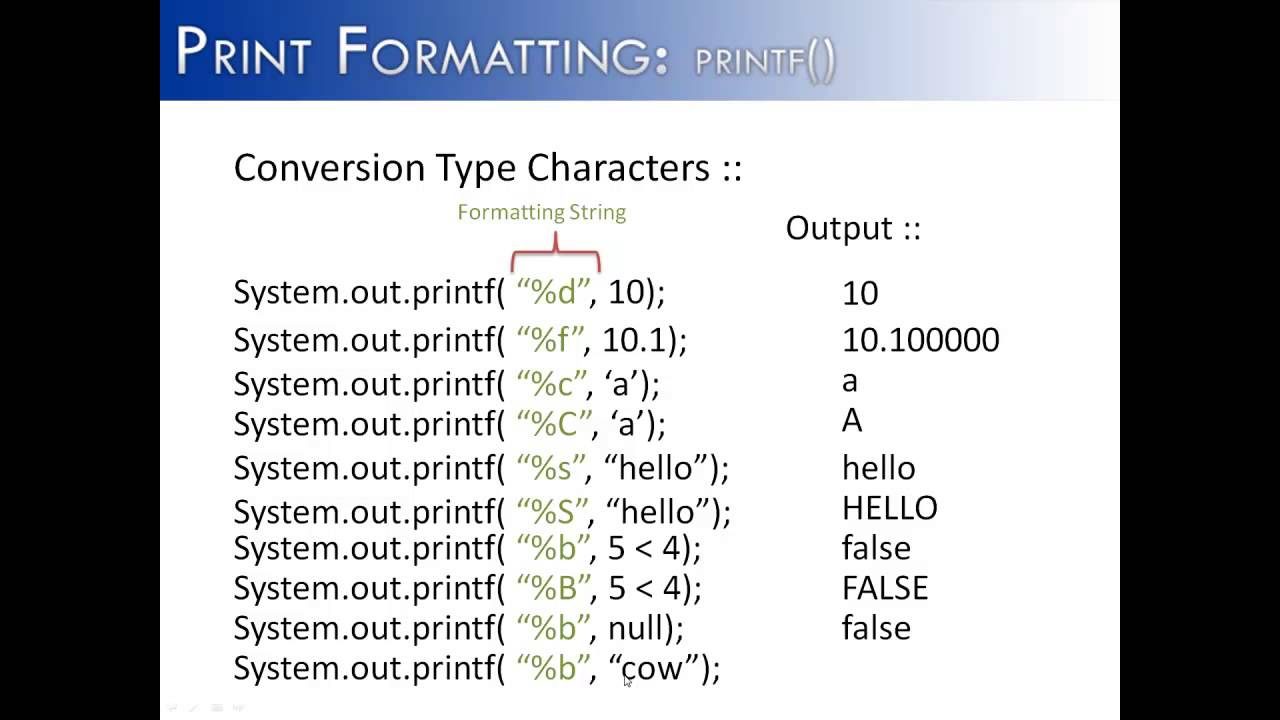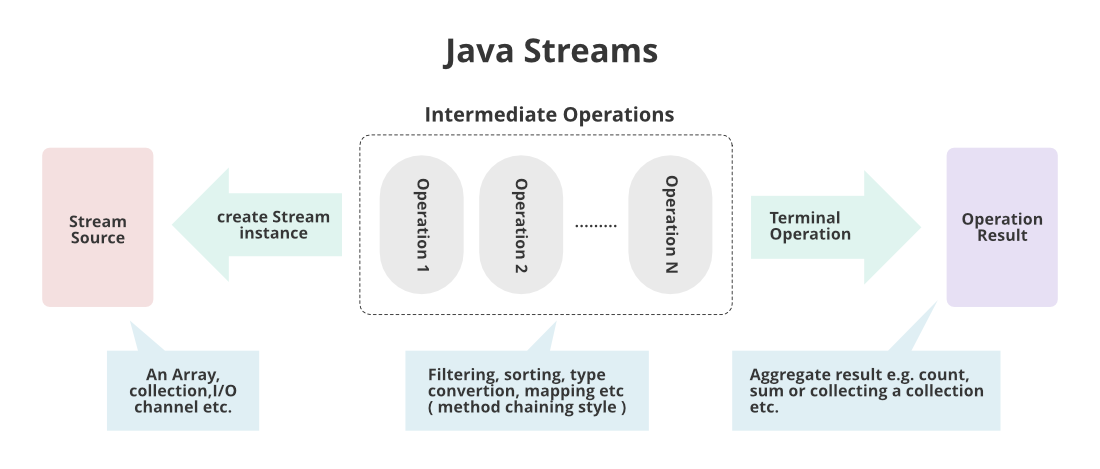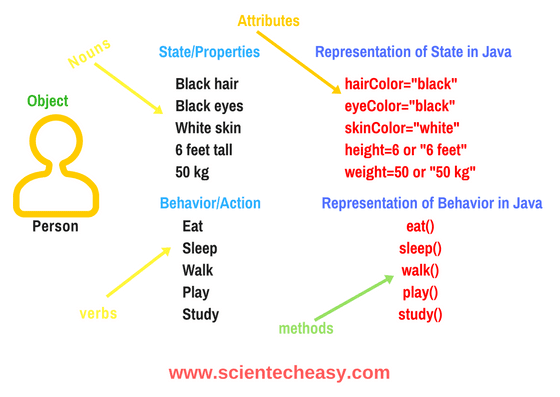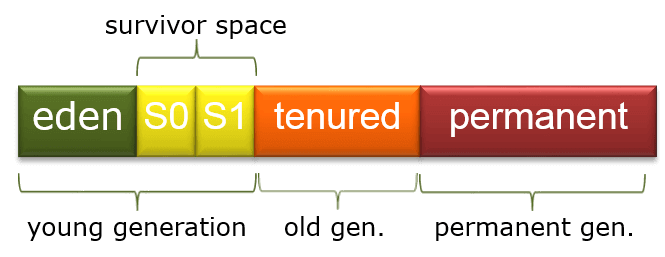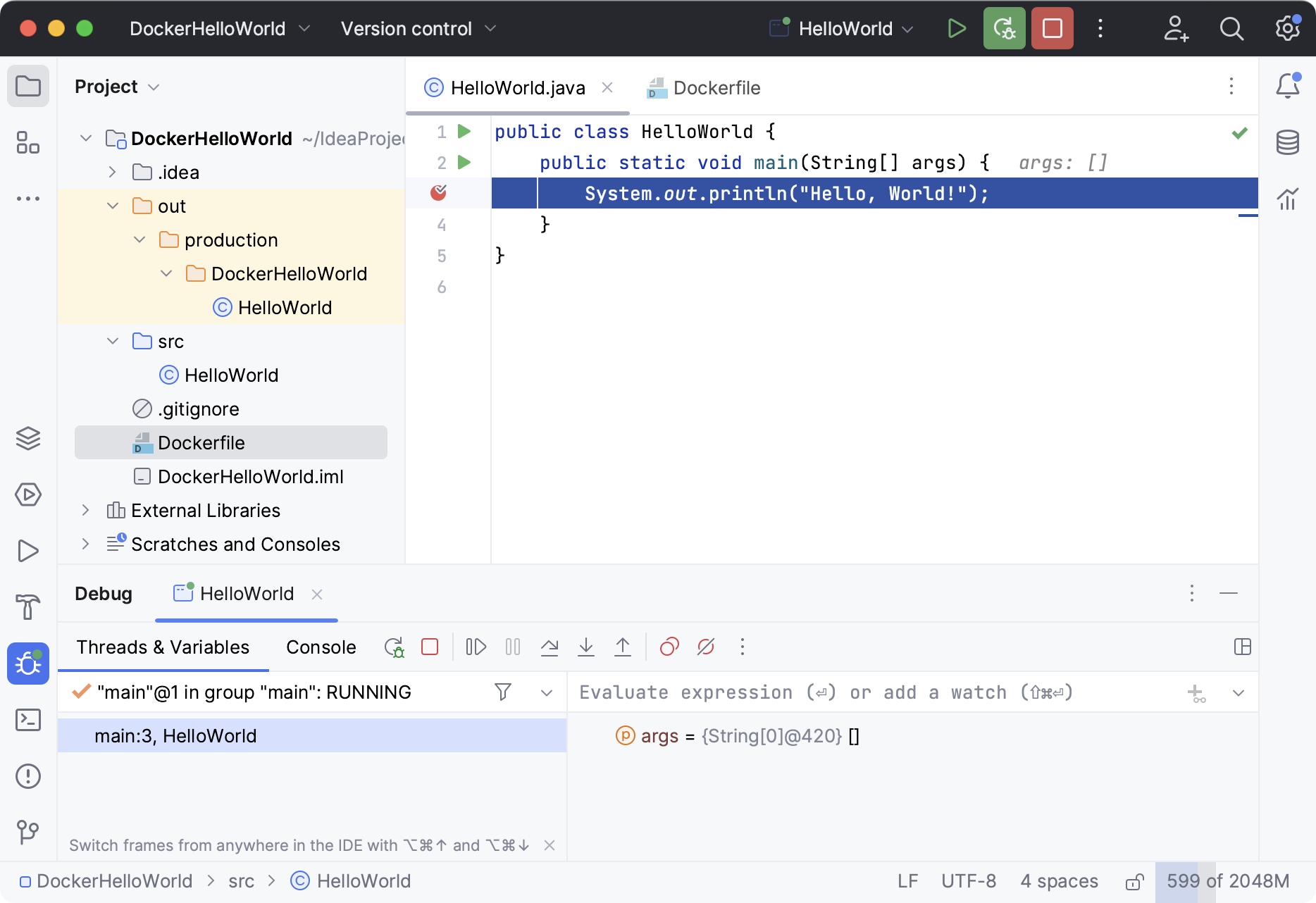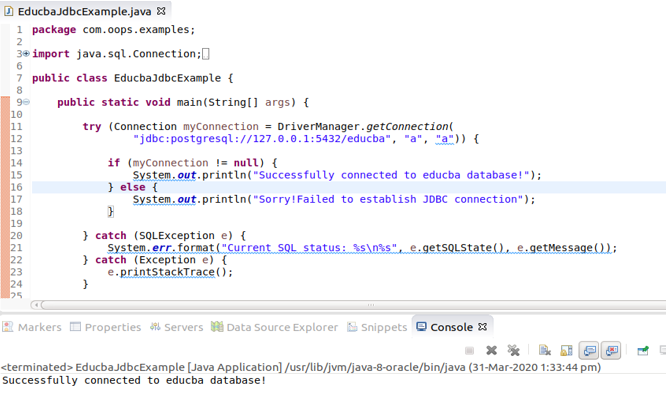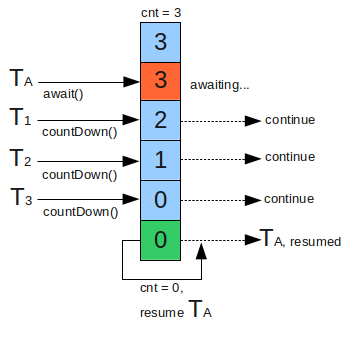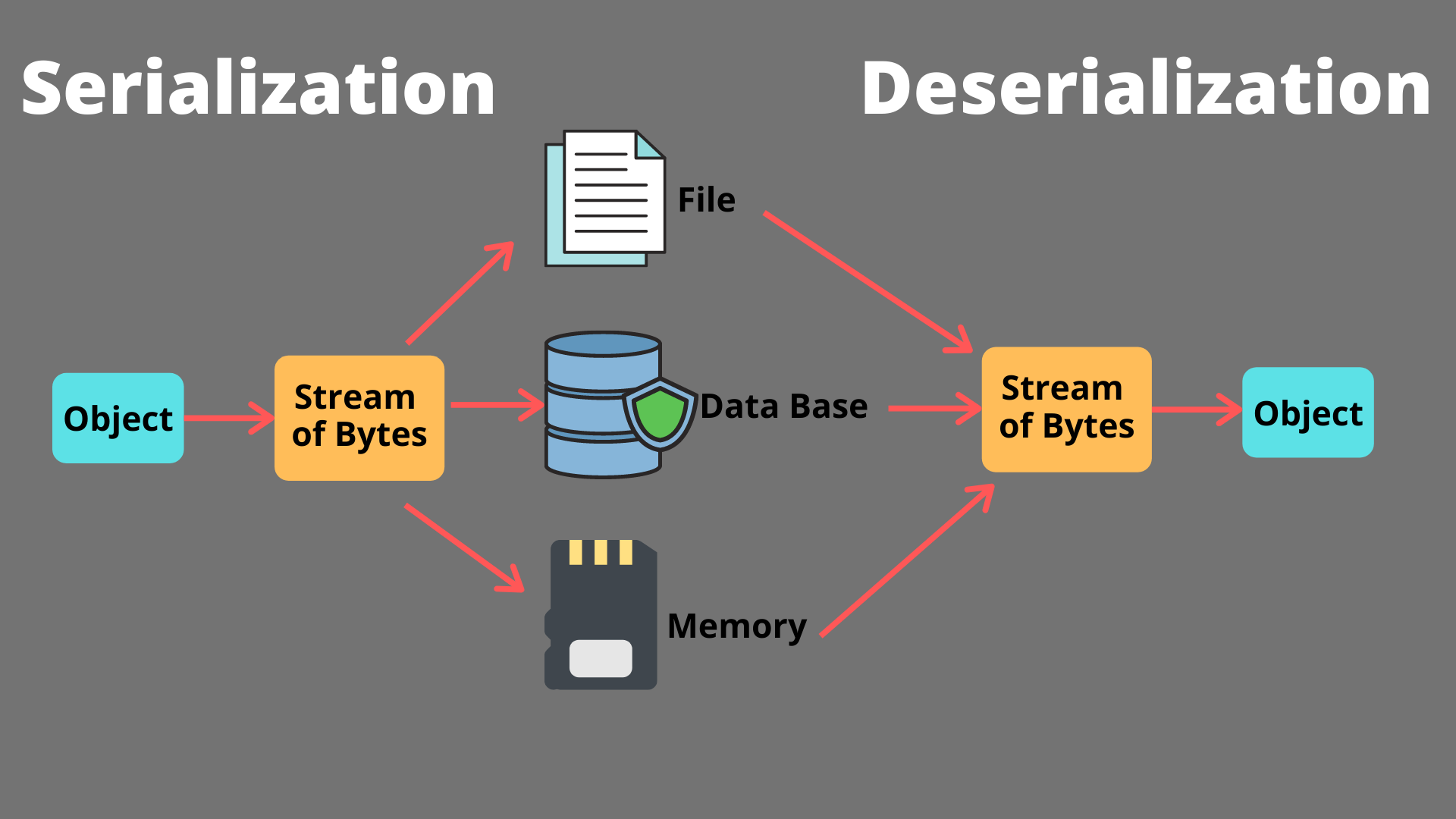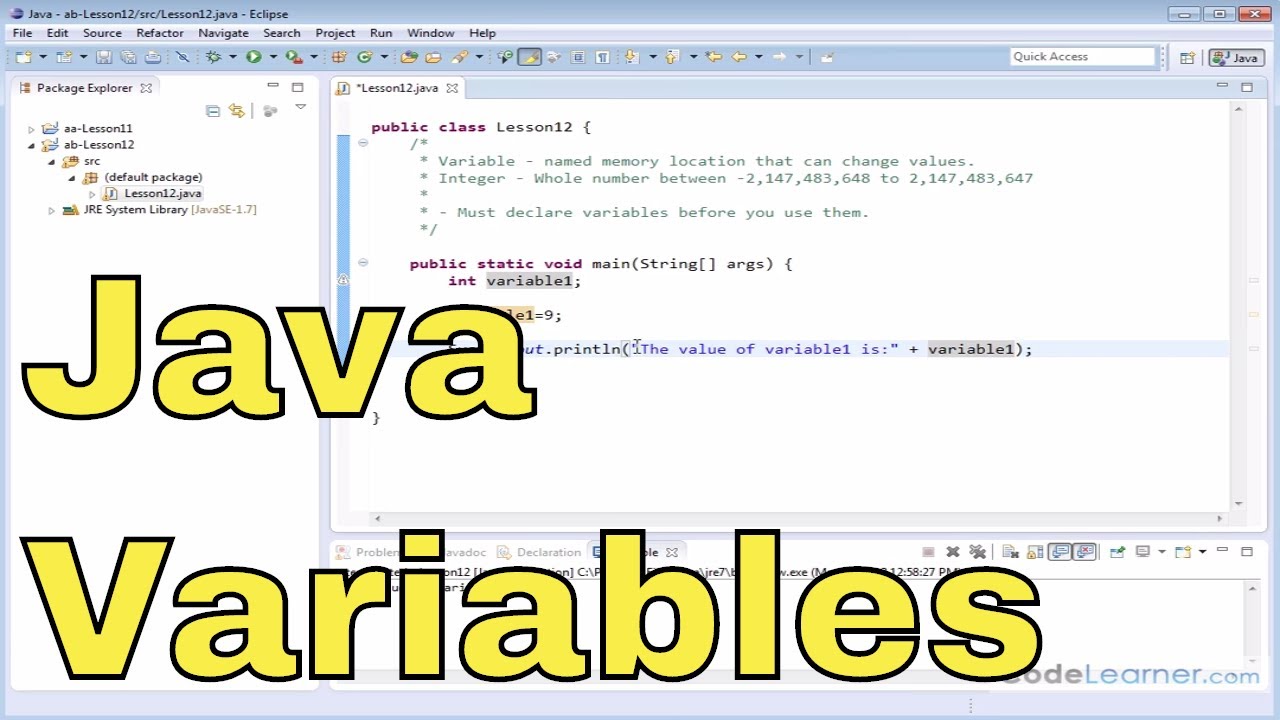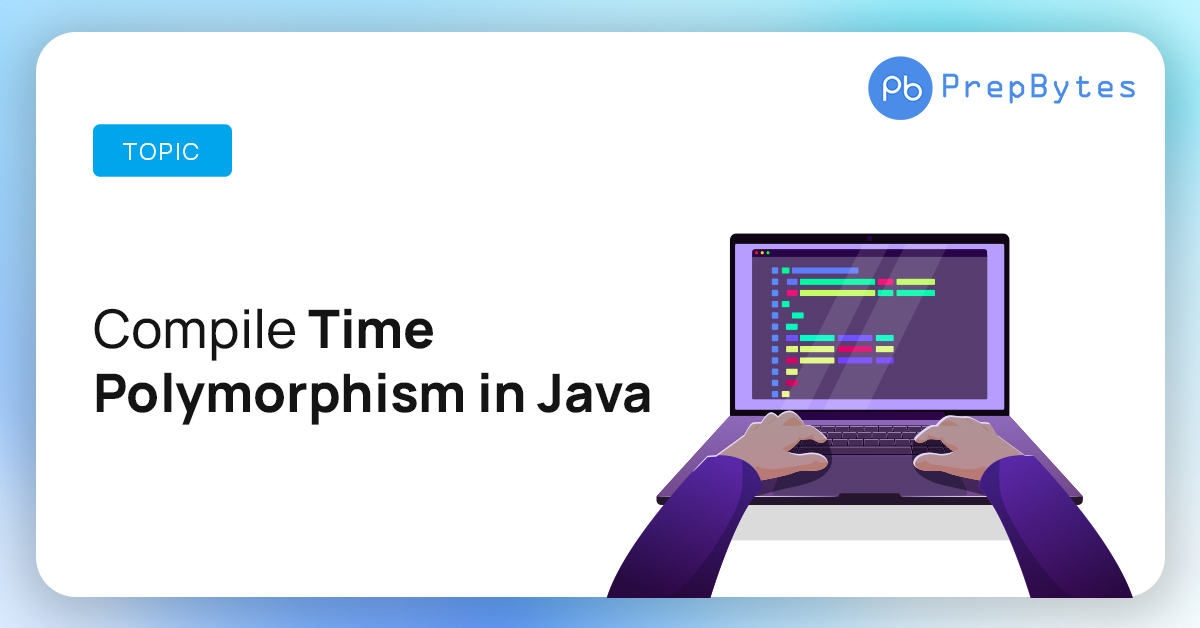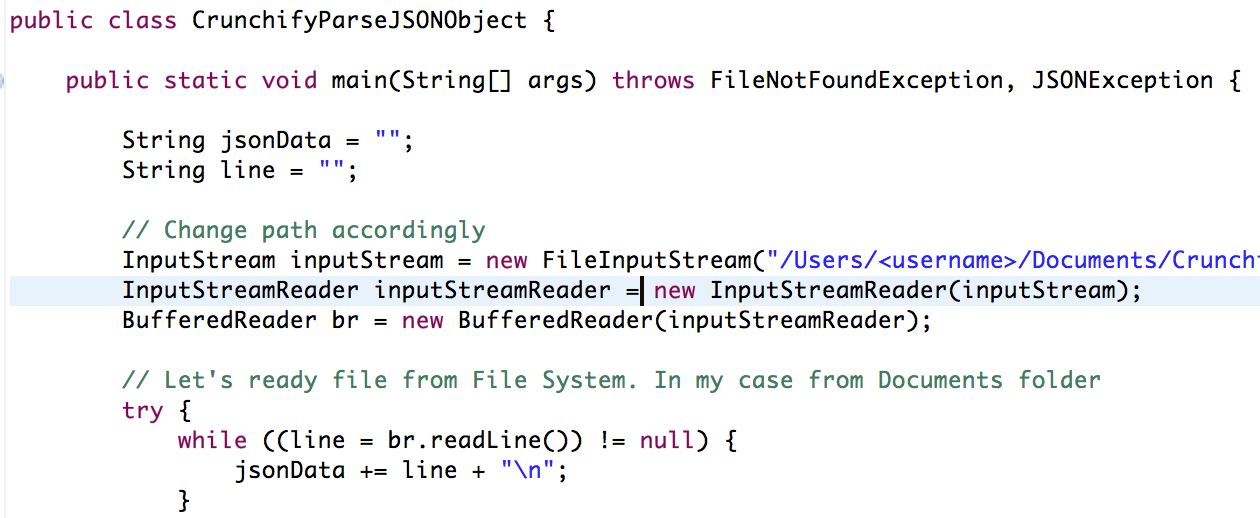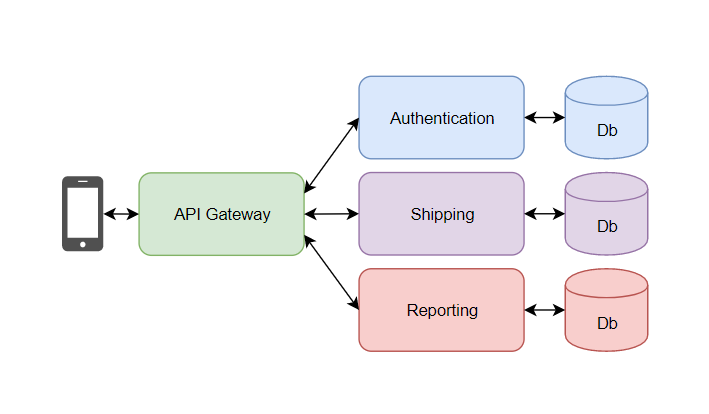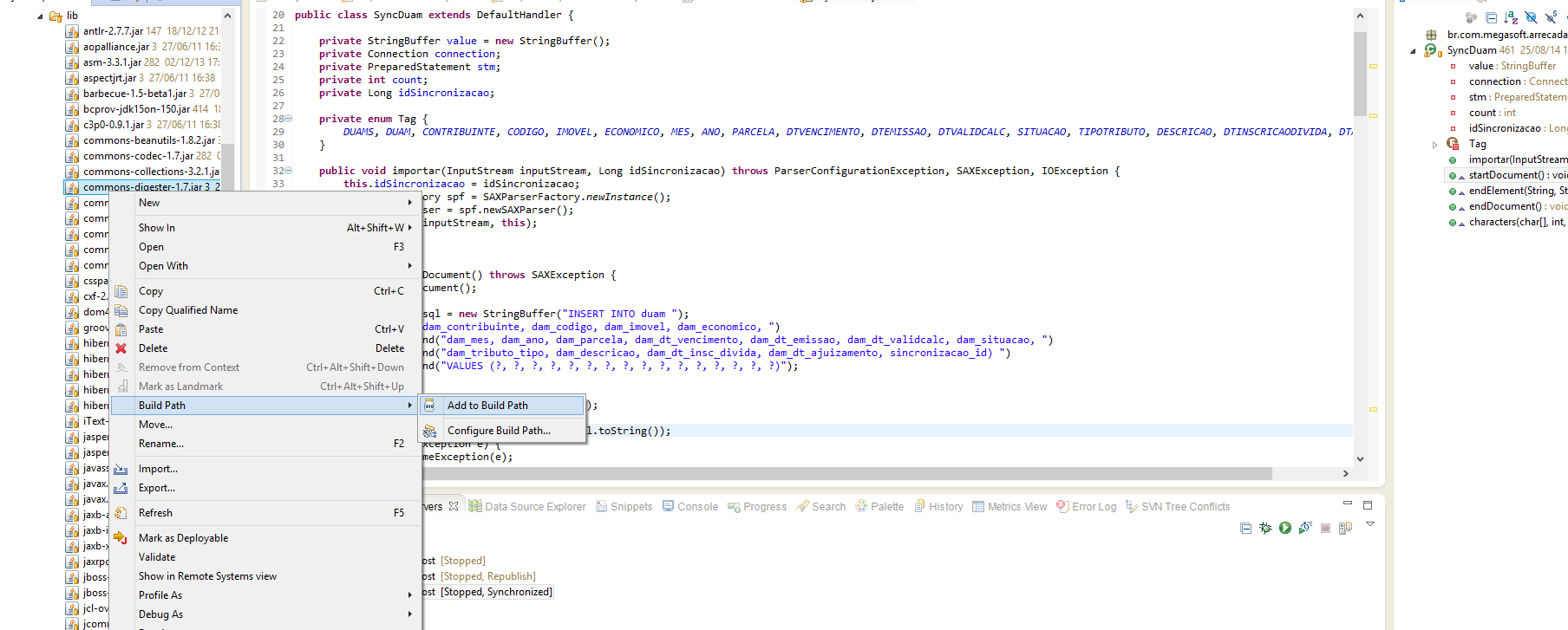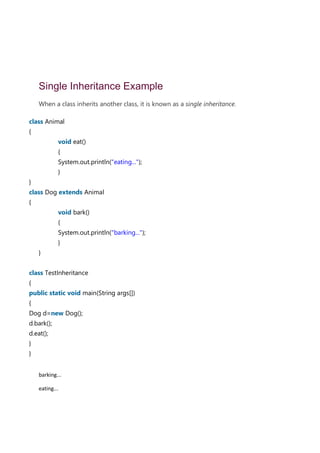Decision making statements in java interview questions for freshers
Decision making statements in java interview questions for freshers
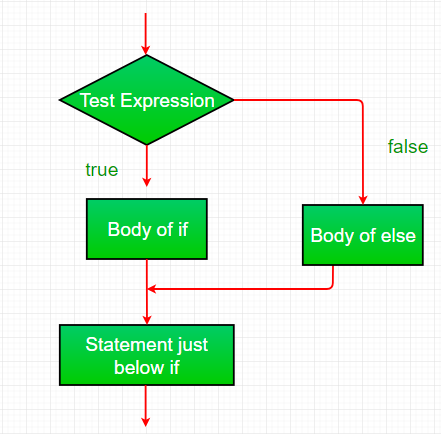
I'll respond in English as per your request!
Java Interview Questions for Freshers: Decision Making Statements
Decision-making statements are a crucial part of programming, and Java is no exception. As a fresher, it's essential to understand how to write efficient and readable code using these constructs. Here are some common Java interview questions related to decision making:
Write a program to determine whether an integer is odd or even.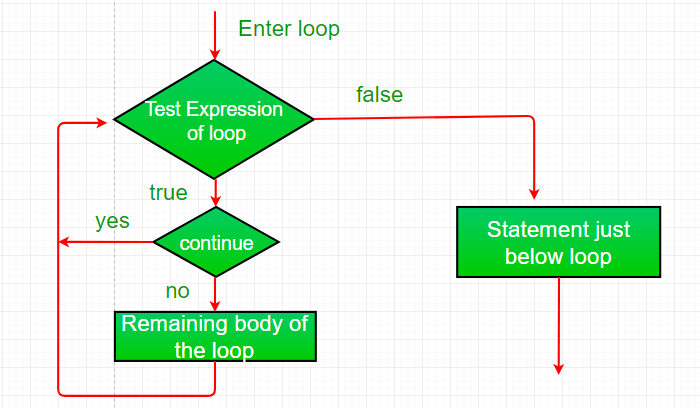
This question requires you to use the if-else statement, which is a fundamental concept in programming. The solution would look something like this:
public class Main {
public static void main(String[] args) {
int num = 5; // assume any number
if (num % 2 != 0) { // check if the number is odd
System.out.println(num + " is an odd number");
} else {
System.out.println(num + " is an even number");
}
}
}
In this code, we use the modulus operator (%) to find the remainder of the division of num by 2. If the remainder is not equal to 0, it means the number is odd; otherwise, it's even.
This question demonstrates how to use if-else statements with conditional logic. The solution would be something like this:
import java.util.Scanner;
public class Main {
public static void main(String[] args) {
Scanner scanner = new Scanner(System.in);
System.out.print("Enter your age: ");
int age = scanner.nextInt();
if (age >= 1 && age <= 100) { // check for valid age
System.out.println("The entered age is valid");
} else {
System.out.println("Please enter an age between 1-100");
}
}
}
In this code, we use the Scanner class to get user input. Then, we use if-else statements with conditional logic (age >= 1 && age <= 100) to check whether the entered age is valid.
Write a program that determines the largest among three numbers using decision-making statements.This question tests your understanding of how to write simple algorithms. The solution would look something like this:
public class Main {
public static void main(String[] args) {
int num1 = 10; // assume any number
int num2 = 20;
int num3 = 5;
int max = num1;
if (num2 > max) { // check if num2 is greater than the current max
max = num2;
}
if (num3 > max) { // check if num3 is greater than the current max
max = num3;
}
System.out.println("The largest number is " + max);
}
}
In this code, we initialize max with num1. Then, we use if-else statements to check whether num2 or num3 is greater than the current maximum. Finally, we print the largest number.
These are just a few examples of decision-making statements in Java interview questions for freshers. Mastering these concepts will help you write more efficient and readable code, making you a stronger candidate for any programming job.
Happy coding!
Decision making statements in java interview questions and answers
I apologize for the language limitation earlier! Here are some decision-making statements in Java interview questions and answers, responding exclusively in English:
Decision Making Statements
What is a switch statement? How does it work in Java?In Java, a switch statement is used to perform different actions based on the value of an expression or variable. It is a multi-way branch that can be used to execute code based on the value of an expression.
int day = 3;
switch (day) {
case 1:
System.out.println("Today is Monday");
break;
case 2:
System.out.println("Today is Tuesday");
break;
case 3:
System.out.println("Today is Wednesday");
break;
default:
System.out.println("Invalid day");
}
If-else statements are used to execute different blocks of code based on the condition specified. It can be used to handle multiple conditions.
int age = 25;
if (age >= 18) {
System.out.println("You are eligible to vote");
} else {
System.out.println("You are not eligible to vote");
}
The ternary operator is used to perform simple if-else statements. It can be used as a concise alternative for if-else statements.
int age = 25;
String message = (age >= 18) ? "You are eligible" : "You are not eligible";
System.out.println(message);
The conditional operator is used to perform a simple if-else statement. It can be used as a concise alternative for if-else statements.
int age = 25;
String message = age >= 18 ? "You are eligible" : "You are not eligible";
System.out.println(message);
A nested if-else statement is used to execute different blocks of code based on the conditions specified.
int age = 25;
String message = (age >= 18) ? ((age > 60) ? "You are an senior citizen" : "You are eligible") : "You are not eligible";
System.out.println(message);
These decision-making statements in Java can be used to execute different blocks of code based on the conditions specified. It helps to write concise and readable code.
Interview Questions
Can you explain how a switch statement works in Java? How do you handle multiple conditions using if-else statements in Java? What is the purpose of a ternary operator (?:) in Java? How do you use conditional operators (?:) to perform simple if-else statements in Java? Can you explain how nested if-else statements work in Java?Answers
A switch statement in Java works by evaluating an expression or variable and executing the corresponding block of code. If-else statements can be used to handle multiple conditions by using nested if-else statements or chaining multiple conditions. The purpose of a ternary operator (?:) is to perform simple if-else statements in a concise way. Conditional operators (?:) are used to perform simple if-else statements in a concise way, which can be used as an alternative for if-else statements. Nested if-else statements work by evaluating multiple conditions and executing the corresponding block of code based on the conditions specified.These answers cover common Java interview questions related to decision-making statements, helping you prepare for your next coding interview!
